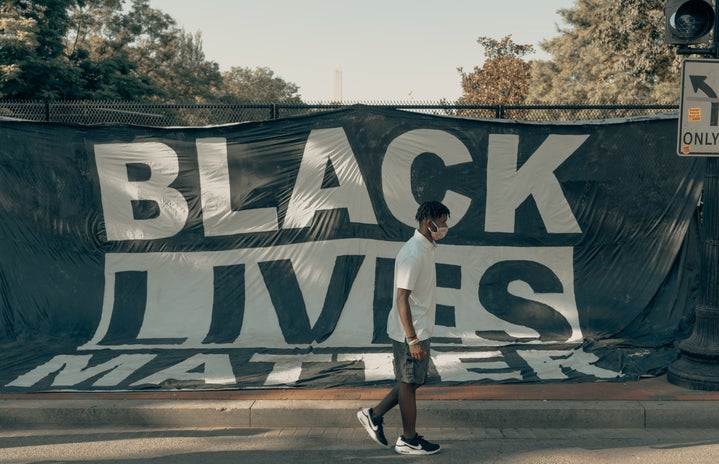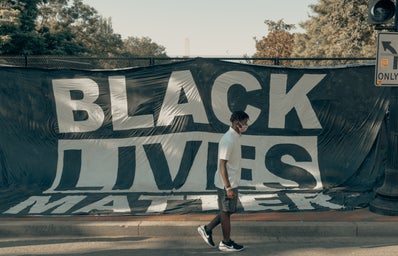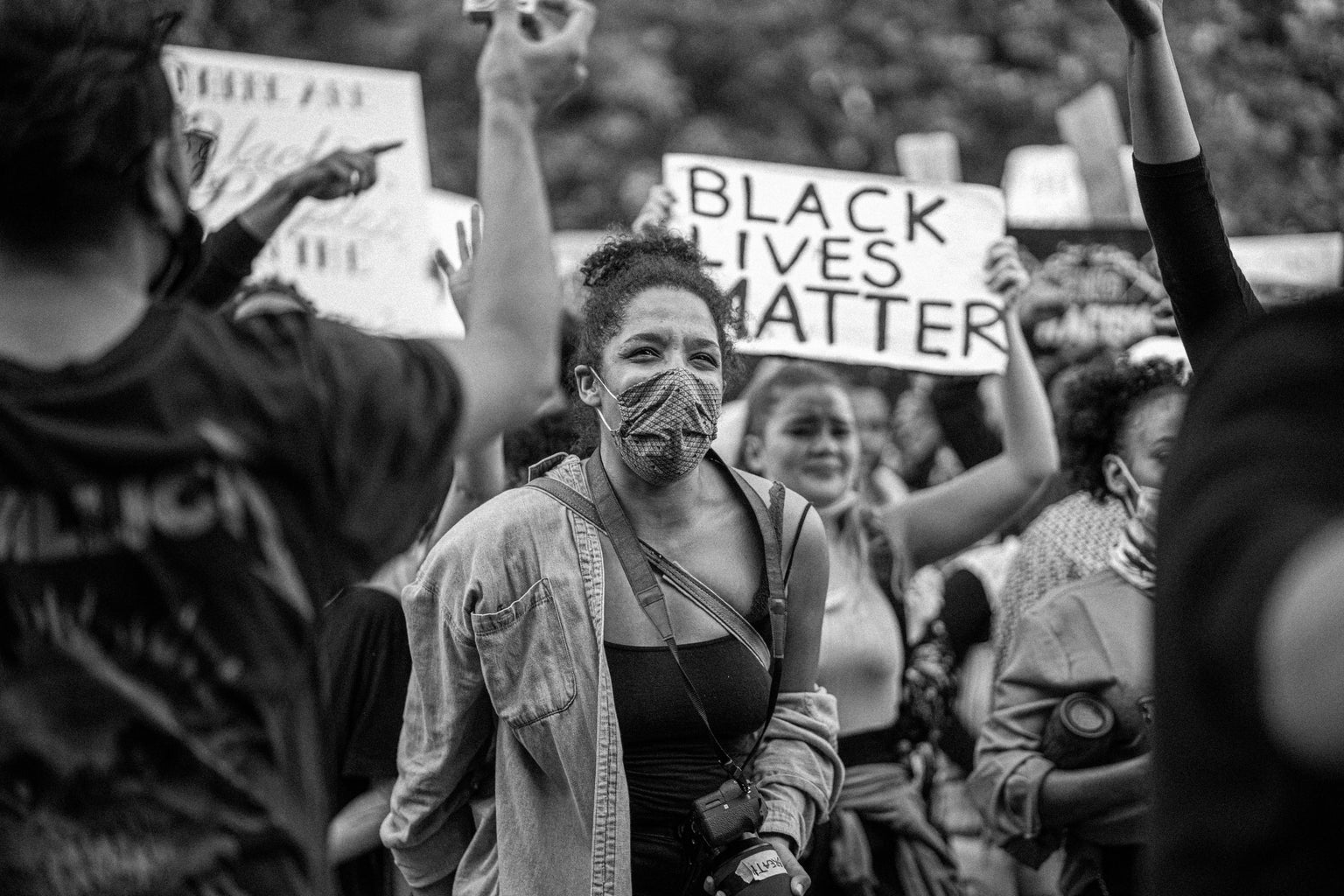The word “allyship” has been thrown around constantly. Following the murders of Ahmaud Arbery, Breonna Taylor, George Floyd, Tony McDade, etc., in 2020, there was an influx of white people, corporations, and Non-Black folks and collectives who jumped on the performative bandwagon when it concerned their “anti-racism” journeys. While they believe that allyship is all about solidarity and “togetherness,” there is something to be said about how “allyship” is all about white and Non-Black folks. When thinking of allyship, it is centered on white and Non-Black folks being satisfied and complacent with the bare minimum while thinking that they get to bow out of these conversations at their convenience. Allyship, in their eyes, is about being comfortable and remaining unshaken when it concerns actually dismantling and abolishing corrupt and white supremacist systems at their very root. Why is it that Black people and communities are expected to compromise? If your “allyship” is more concerned with your feelings and fragility, then keep it. If your “allyship” is for the sake of nursing your own self-guilt and performative outrage, then keep it. There is an expectation of Black folks to have so much patience, grace and understanding for white and Non-Black folks, when in actuality, they are the ones who should take the initiative to be more accountable instead of expecting Black people (specifically women and femmes) to “educate” them. If whatever you are “learning” is not being met with persistent action plans, there lie several issues.
White supremacy and Anti-Blackness never take a day off. No matter how many white and Non-Black “allies” love to pick up and put down “allyship” at their convenience, there is no ignoring the realities Black people and communities live each and every single day. There is privilege as a white or Non-Black person when you have direct access to whiteness and/or have strong proximities to whiteness. When thinking about the role of respectability politics in these conversations, it is also important to recognize that Black folks and communities do not need to change or redirect our tone in order to be considered more palatable to the status quo. When you tone police Black people, you are implying that our oppression is something to disagree on when (through your lens) we do not communicate it in the “right” way. What is the right way, exactly? It seems the only time Black voices are to be uplifted is when February rolls around, and even with that, we (Black folks) have witnessed a very violent Black History Month, from colorism to Awkwafina to Joe Rogan and the general persistence of white and Non-Black people staying in Black people’s business. Part of doing your part as a Non-Black person is respecting boundaries and recognizing that not every conversation is something you should voice your two cents on. If you only believe in sharing a couple of things on your Instagram story during Black History Month, then you are not contributing anything at all. Black people and communities are not a moment.
Redistributing resources and engaging in your own education and action plans are vital. If there are Black folks who consent to provide their labor, do know that we do not owe that while also keeping mind to support and pay Black folks, especially Black women, femmes, Trans and Non-Binary folks for their labor. The idea that Black folks are supposed to draw from our experiences to “educate” you for free is an insult. Speaking of which, you should not be buying or supporting white “authors” or “educators” who teach “anti-racism.” No white person should be leading courses on anti-racism, let alone making money off of those conversations. Ensure to buy from and support Black educators, content creators and authors, while not engaging in anything pertaining to Black culture if you are not Black. Black spaces and environments are things that white people and Non-Black folks do not have access to. Respecting boundaries and Black spaces also consist of recognizing the violent history and persistence of Black spaces being invaded and colonized by white and Non-Black people, as well as capitalist entities and corporations seeking to whitewash and water down Black contributions and movements, especially when thinking about Black “American” culture and movements. Understand that you should not be defensive when it concerns respecting Black voices and recognizing the importance of staying in your place.
In my opinion, “allyship” is not real because your commitment to centering and supporting Black communities should not be conditional or only when you feel it is necessary. Staying accountable and committed is your responsibility. When it is said to uplift and center Black people and communities, it has to be done for all Black folks. There is no such thing as Black Liberation without Black Queer, Trans, Non-Binary, Neurodivergent, Poor and Disabled folks, especially folks at the intersections of those identities. Thinking about the definition of “allyship” is about white and Non-Black comfort, which comes at the expense of the Black communities and our humanity. Black folks should be centered fully. Simply only focusing on our traumas while simultaneously speaking over Black communities is dehumanizing. Black people and communities are not transactional or here to be your educators. Recognize that the work starts with you, as oppressed communities and their needs and demands should always be centered as the top priority, nothing else.




